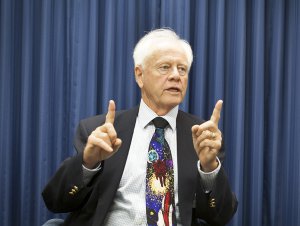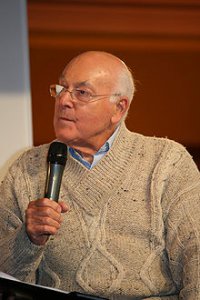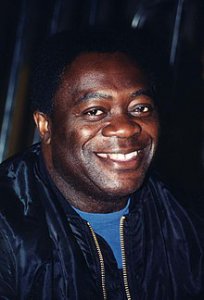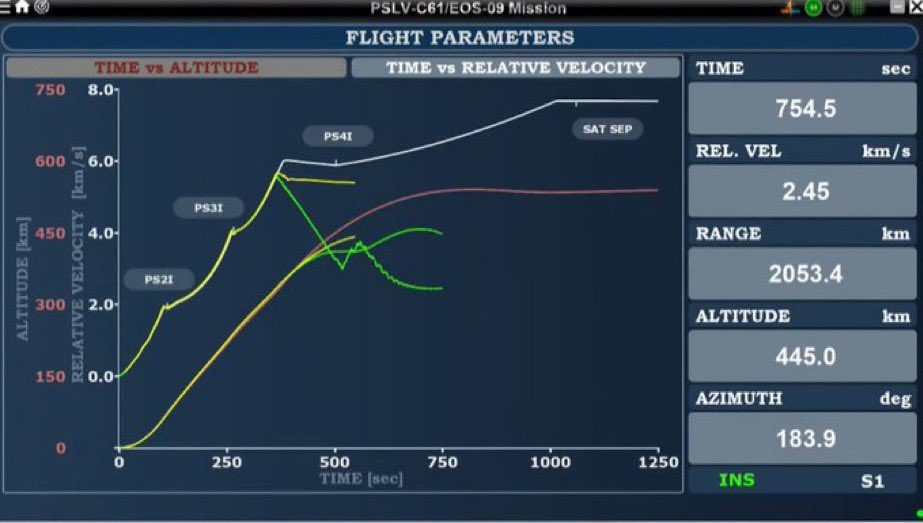Space Shuttle Solid Rocket Booster (SRB) engineer and the man who refused to be cowed by his management or NASA, Allan McDonald, has died at the age of 83. McDonald was the morally courageous engineer who refused to sign off on the SRBs as safe before the Space Shuttle Challenger accident in January 1986 – to the chagrin of NASA and Morton Thiokol’s management. He then refused to go along with the cover-up after the accident in which the cold temperature effect on the integrity of SRB O-ring seals was later cited as the principal cause of the accident. His career survived various attempts to besmirch his career after his honesty. We salute him and give our condolences to his family and friends.
While the Heavyweight class is the most famous one in boxing, for many of the sport’s aficionados it is the Middleweight division that has the best blend of power and speed. As such, it is sad to mark the passing of “Marvelous” Martin Hagler who has died at the age of 66. Hagler dominated Middle-weight boxing during the 1980s. He was undisputed world middleweight champion from 1980 to 1987 when he finally lost his crown to Sugar Ray Leonard. Hagler is rated as one of the best boxers ever to take to the ring and we give our salute to him and our condolences to his family and friends.

Marvelous Marvin Hagler (right) meets US President Ronald Reagan (left) in 1986. Courtesy: Wikipedia
On the subject of sport, we also mark the passing of the irrepressible Formula One motorracing commentator Murray Walker who dominated BBC and later ITV commentary on the sport from the late 1970s until his retirement in the 2000s. Walker was a British Army officer and Sherman tank driver during the latter parts of World War II and saw action in Northern Germany. After a brief career as motorcycle racer followed by one in advertising, Walker’s sideline as a motorsports commentator eventually took over while he was in his sixties when the BBC decided to cover all Formula One races using satellite-relayed television coverage.
Walker was famous for his fast talking style which was once described by the humorist Clive James as sounding like a man “whose pants are on fire.” On that subject one of his most famous of his many verbal mistakes – or “Murrayisms” as they came to be called – was: “There is nothing wrong with his car, except that it is on fire!”
We give our salute to Murray Walker and our condolences to his family and friends.
On the subject of motor racing we note the sad death of the German racing driver Sabine Schmitz who has died of cancer at the young age of 51. While the tree lined German motor racing track of the Nürburgring left the Formula One calendar during the 1970s for being too dangerous, it carried on as a touring car race track. On this daunting ultralong track Sabine Schmitz won the Nürburgring 24 hour endurance race twice in 1996 and 1997 and was later dubbed “Queen of the Nürburgring”. After finishing her formal motor racing career, this very well liked lady got later fame as a guest driver on the BBC driving television programme Top Gear and her skill and cheerful charm later got her promoted to become one of its full presenters.
We salute Sabine Schmitz and give our condolences to her family and friends.
We give our salute to actor Yaphet Kotto. He gained fame as the not-very-nice drug dealing villain and voodoo/fortune telling fan “Dr. Kananga/Mr. Big” in the James Bond film Live and Let Die (1973).
Space fans will also remember him coming to a grizzly end in the space science fiction horror/jeopardy movie Alien (1979). We salute him and give our condolences to his family and friends.
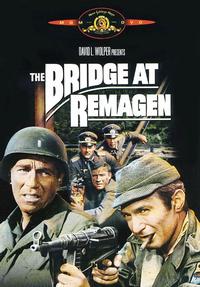
George Segal (left) with Ben Gazarra (right) on the front of the poster/video cover of “The Bridge at Remagen” (1969) Courtesy: United Artists
We also note the passing of actor George Segal (83) who was adept at drama as he was in wisecracking comedy. While critically lauded for Ship of Fools (1965). Who’s Afraid of Virginia Woolf (1966) and A Touch of Class (1973) actually this writer’s favourite Segal movie performances were his ground-down hero roles in the late World War II set war film, The Bridge at Remagen (1969), in the spy thriller Russian Roulette (1975), and in the original version of the comedy Fun with Dick and Jane (1977). The latter has Segal portraying an aerospace engineer having to turn to crime after being laid off after the end of the Apollo programme.
Late in life George Segal used his comedic wit and Jewish heritage to play the “Pops” character in the long running 1980s set TV sitcom series The Goldbergs. We give our salute to George Segal and our condolences to his family and friends.
Finally, we end on a space note as we record the passing of former NASA Flight Director Glynn Lunney. While Flight Director Gene Kranz gets the recognition for his “failure is not an option” drive in the Apollo 13 disaster in 1970, actually it was Lunney who was Flight Director of the “Black Team Shift” who had to make some of key decisions as he took over the shift from Kranz’s White Team an hour after the service module explosion. Actually, both Kranz and Lunney and were present in mission control at the time of the explosion and used their joint expertise to make the key decision not to go for a direct engine thrust return which may have caused a second explosion.
With the command module being powered down, Lunney presided over the sequential powering up of the Apollo 13 lunar module and transferring key guidance data to it from the command module before the latter was fully shut down. In effect, by getting this right, Lunney and his White team saved the crew. We salute Glynn Lunney for this and for his services to other NASA missions. We give our condolences to his family and friends.
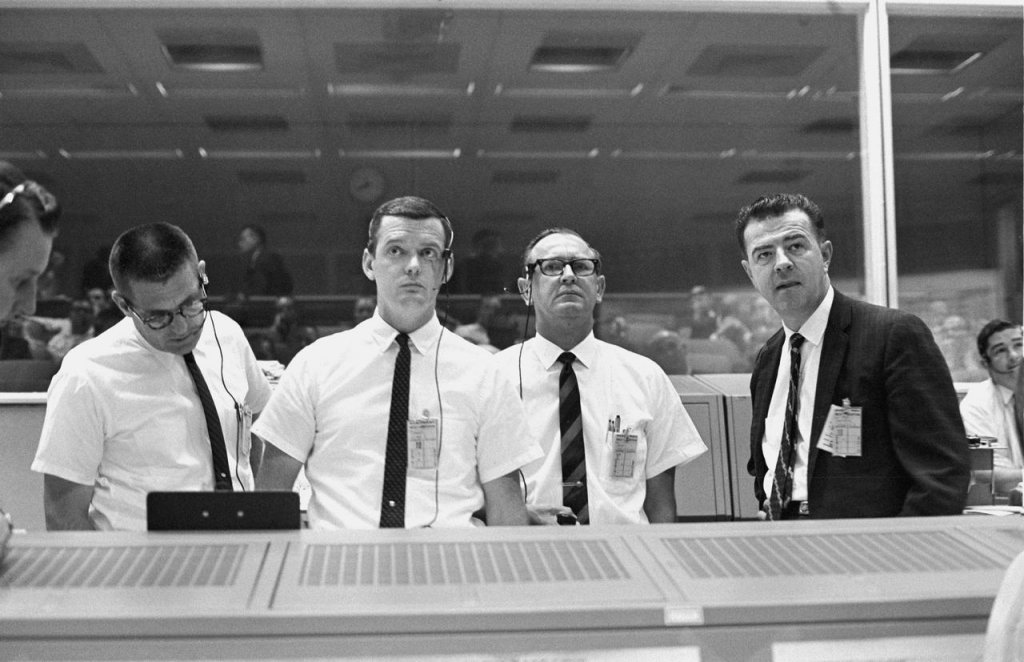
Standing at the flight director’s console, slightly in front is Glynn Lunney on 18 July 1966. Courtesy: NASA
Post script: We also belatedly note the passing of aerospaceexecutive Chuck Lauer who was a co-founder and Vice president of Business Development for Rocketplane Kistler Inc. and who was a constant at the various space shows and conferences on the calendar. We give our condolences to his family and friends.

